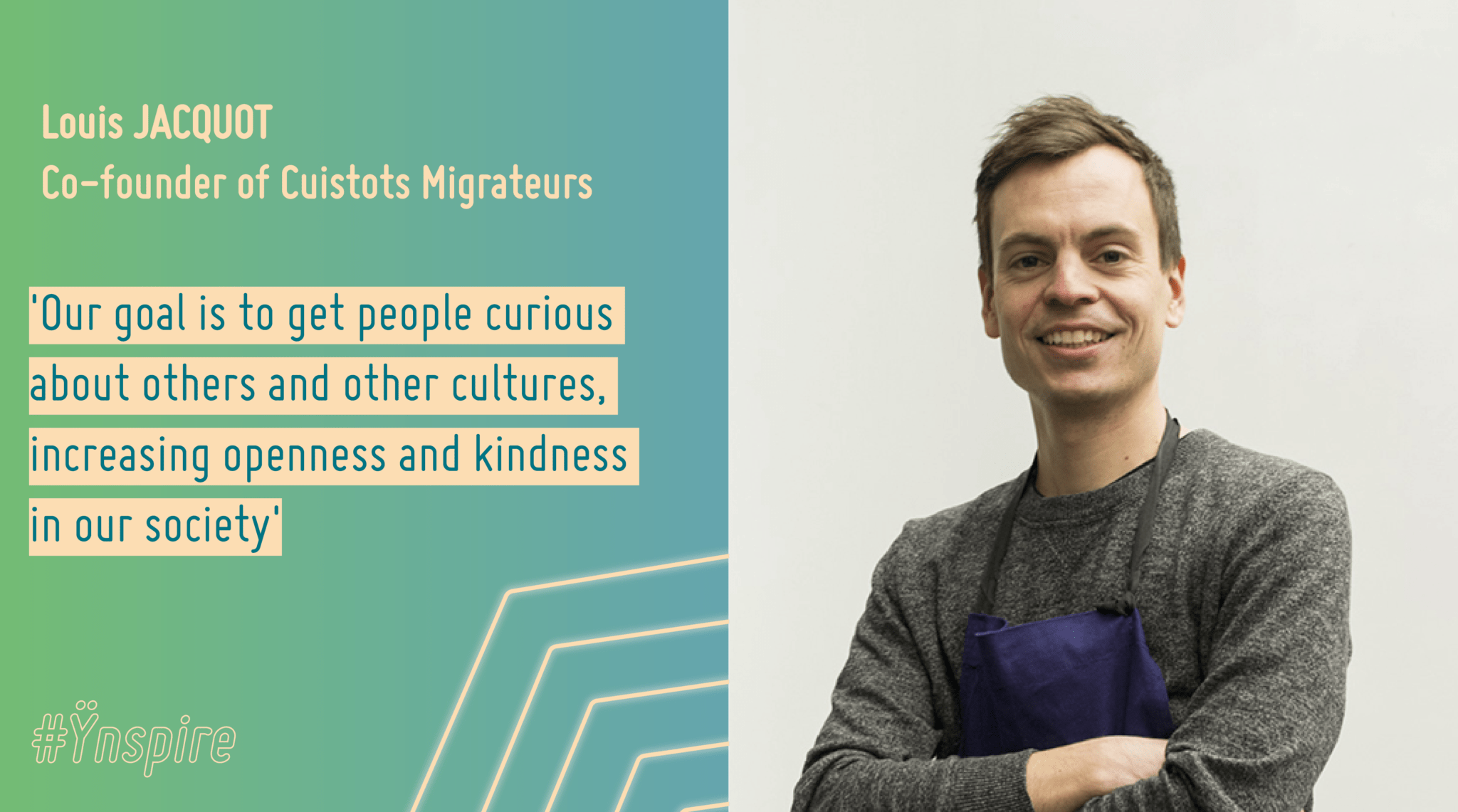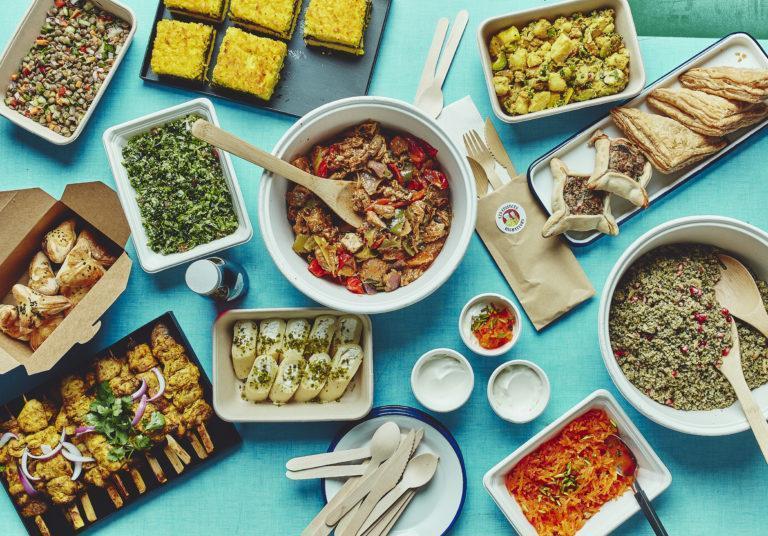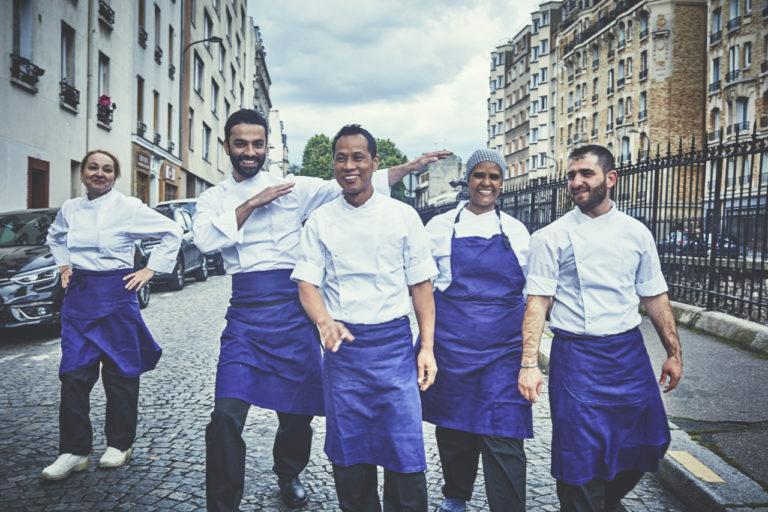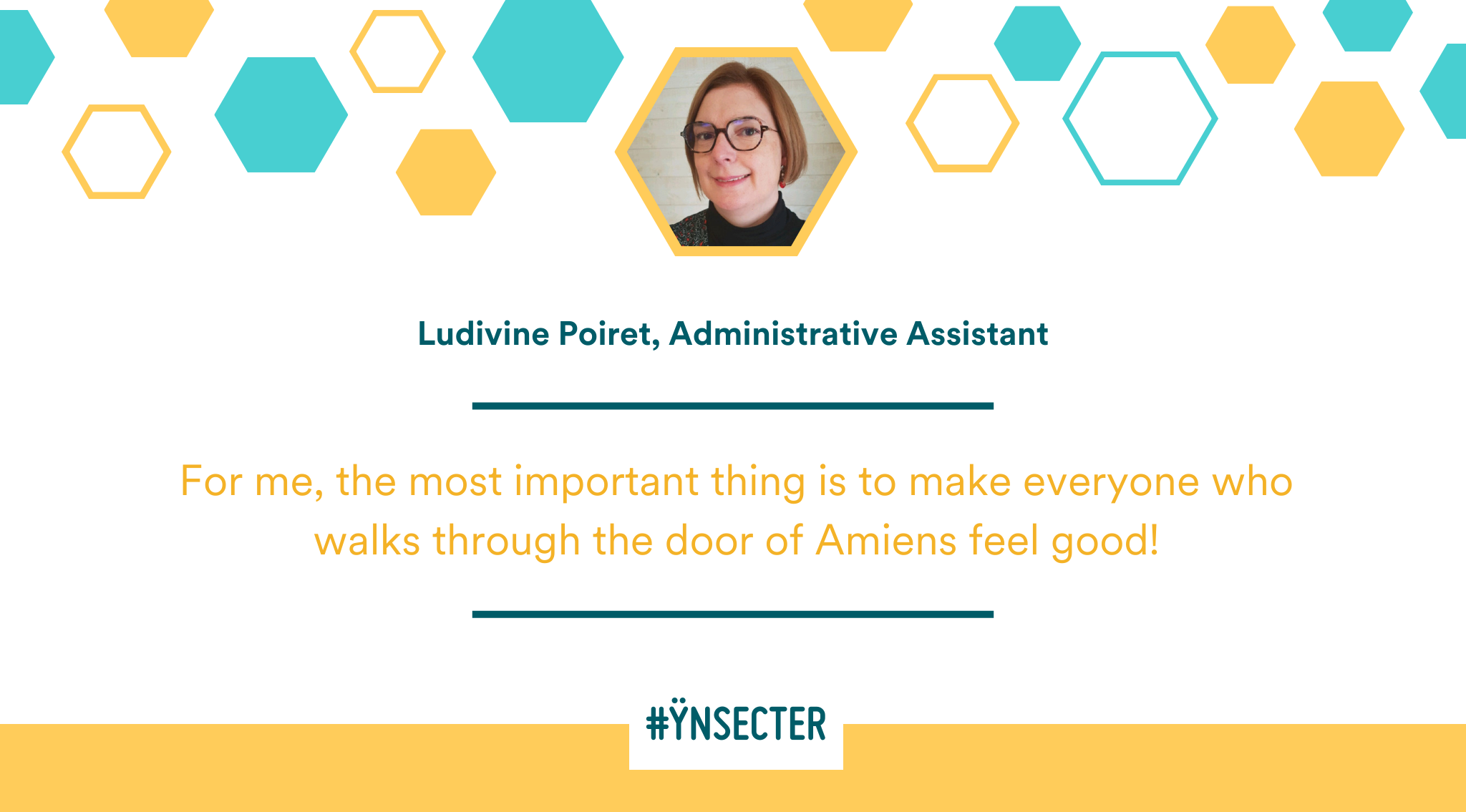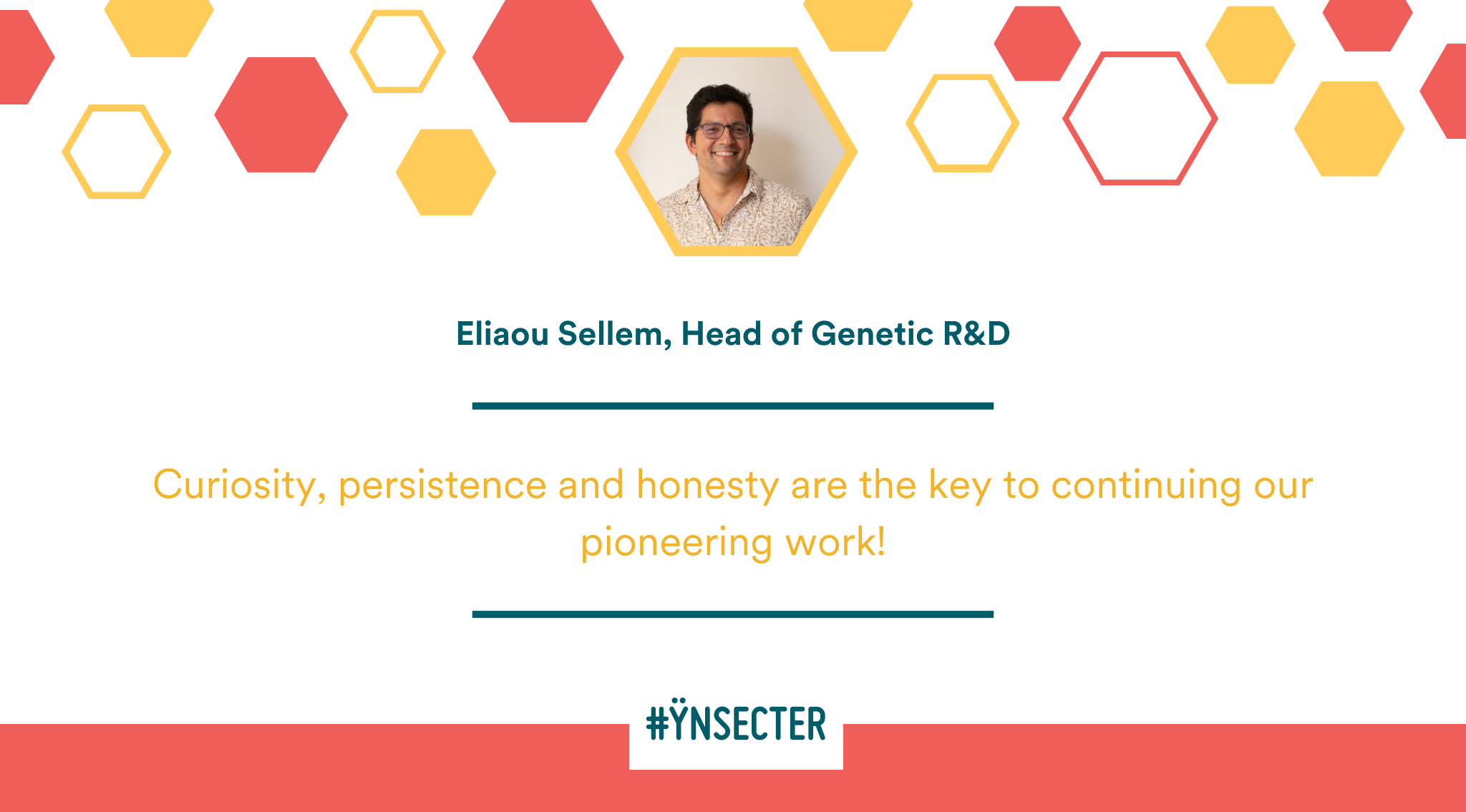How did the idea for Les Cuistots Migrateurs’ come about?
Born in 2016, Les Cuistots Migrateurs is a social enterprise that came from a shared idea of Sébastien and myself. We wanted to create a business with a dual economic and social purpose. We were still looking for an idea when the migration crisis in the fall of 2015 happened. The idea to allow refugees to integrate into French culture through a job that utilizes their culture then came to us: through cooking! Our modest goal is to participate in changing the way we perceive migrants. Too often in the media, migrants are portrayed to be related to problems, dramas and threats. We want to show that they are a strength and that these people are not here by choice, but to survive.
Why cooking as a vector of integration?
Cooking was an obvious choice because Sébastien and I share this passion. We love delicious food and have had the chance to travel a lot, dining at lots of different places around the world. Plus, cooking brings people together: it’s a moment of enjoyment and exchange. We really wanted to flip the negative around refugees in our society on this head, replacing it with vibrancy and taste instead!
Photo credits: Guillaume Czerw
How is the recruitment of refugees organized? Can language be a barrier?
At the beginning of the project, we didn’t know anything about it and had no contacts in this area. We started off talking to players such as Singa, France Terre d’Asile, etc., who helped us to recruit refugees. Language is obviously a difficulty but we try to find people with a sufficient level of English or French. Besides, beyond cooking, we put the emphasis on learning French. Above all, we are looking for motivated people who want to share their recipes and their culture.
You launched an appeal for donations for the creation of a cooking school for refugees, and the first trainees have entered professional life! What is your conclusion?
This school is the third part of our initial project. The first part is our catering activity and the second, the publication of a cookbook that tells our story and details our recipes. This school is the result of our social mission. Today, the catering industry has 100,000 jobs to fill and professionals are having difficulty recruiting. We therefore offer a free four-and-a-half-month training course with certification, which prepares students for the professional title of commis chef. Our educational program focuses on French classes, CV workshops and the acquisition of “soft skills” … such as cooking of course! Thanks to our partners and a consortium of players who participate in the training, we are able to promote our school to refugee populations to encourage them to join. Today, we have a more than positive outcome: we have received people of all ages, genders, religions and nationalities, but they all share the same commonality: an unwavering motivation and perseverance. It’s very rewarding to see! 70% of the first students have already found jobs less than 3 months after the end of their training. This access to employment is notably facilitated by a 3-week internship at the end of the training in one of our partner establishments, including BMK Paris, Bao Family, Hector Traiteur, Le Bichat, Lecointre, etc. We are very grateful to them for their partnership! One year after the creation of our school, we keep receiving many applications, so much so that we are thinking about opening a bigger school and developing other training courses related to cooking, such as room service.
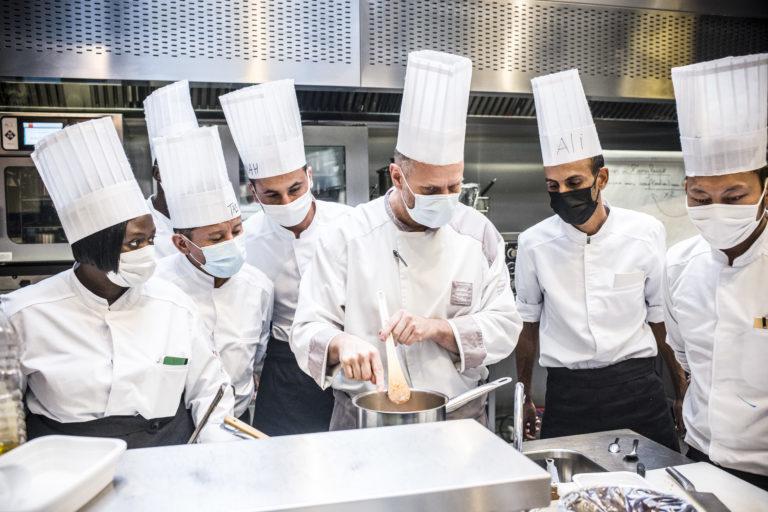
© Corentin Fohlen. Paris. 18 janvier 2021. Premiere formation de l’ecole des cuistots migrateurs aupres de 10 etudiants refugies en France. Preparation d’un glacage de legumes.
How are you helping to change the way the public looks at refugees?
The idea is to show that refugees are not people who have come to take advantage or to take things from us, but to work. We prove it with the school and our catering business. We also try to spread our story: via our book, social networks, and events. We want to prove that what we see in the media is not a true reflection of who they are!
You have a company with very strong values of sharing and solidarity, what message would you like to transmit to the public?
I remember an event where several people asked us where the refugees were. Even though they were providing service. This story is a testimony to the false image that the public has of refugees. Through our actions, we hope to transmit curiosity about others and other cultures; benevolence and openness to others are missing in our society. Moreover, the composition of our team of cooks is the proof: we are all from different backgrounds and cultures and yet, our association works because every one of us is able to bring his or her differentiating point to the table – literally! We would love to inspire others to do the same.
Photo credits: Guillaume Czerw
We are slowly moving towards an unprecedented food crisis, how do you expect it to impact the catering industry?
We are not looking that far ahead, but we are already trying to do something about it. For example, we are developing more and more vegetarian and vegan recipes, which is a real challenge since meat is in many recipes. We are also trying to go more seasonal, but it is sometimes difficult to find recipes for all seasons. We have a real desire to reinvent cooking, to make sure that everyone can bring meaning and creativity to it, either by bringing in ideas from home or by being inventive with the ingredients.
Recently, the mealworm was authorized for human consumption, would you be willing to integrate it into your recipes?
I have already been lucky enough to taste it, but it was always in a recreational way: in the form of chips, an appetizer, etc. I have never eaten it whole in my life, or it as a main course, but I am curious!
Do you plan to internationalize your project to countries where the number of refugees is increasing (for example England)?
Today we are present in Montreuil and deliver our services to Ile-de-France. There is still a lot to do here. We are going to concentrate on our school project. Afterwards, we would like to expand to other French cities and even abroad in the very long term. But the priority remains to structure ourselves, improve our offer and take the time to think about our development.
*Photo credits:
- Portrait Louis Jacquot : William Kano

